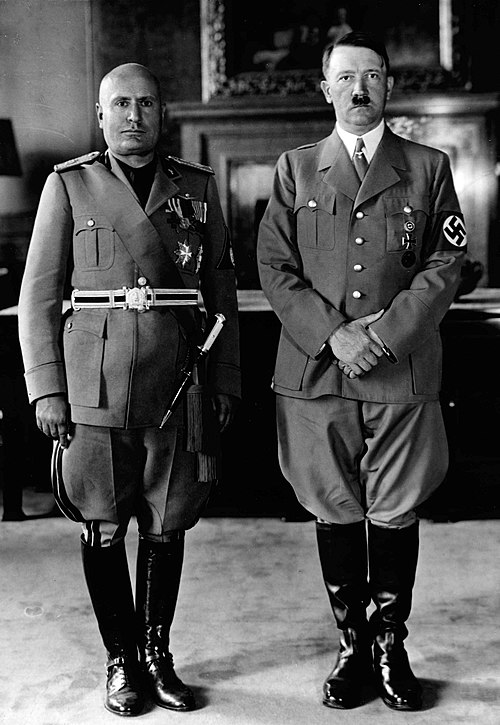
On May 29, 1931, a significant event occurred in the relationship between the Catholic Church and the Italian fascist regime under Benito Mussolini. Pope Pius XI issued the encyclical "Non abbiamo bisogno" ("We Have No Need"), addressing the Italian bishops and faithful. This historic document strongly denounced the principles and practices of fascism, sparking a heated controversy.
In this encyclical, Pope Pius XI expressed deep concerns about the growing influence of fascism in Italy. He particularly highlighted the dangers of dictatorship, the cult of personality, and the suppression of individual liberties. The Pope criticized the regime's tendency to consider the State superior to the Church, seeking to control and regulate religious activities.
The Pope firmly asserted that the Catholic religion cannot be subordinated to political or national interests. He emphasized the essential role of the Church as the guardian of morality and spiritual truth, calling on Catholics not to be swayed by political ideologies that could compromise their faith.
The encyclical "Non abbiamo bisogno" elicited contrasting reactions in Italy and abroad. In Italy, the fascist authorities responded with hostility, censoring its publication. Mussolini himself deemed the papal condemnation as interference in the political affairs of the Italian state.
Nevertheless, the encyclical found a positive response among many Catholics and human rights advocates worldwide. It underscored the moral courage of Pope Pius XI, who did not hesitate to confront a totalitarian regime in defense of the Church's fundamental values. It also inspired other religious leaders to take a stand against authoritarian regimes.
The encyclical "Non abbiamo bisogno" remains a significant symbol of the independence and moral role of the Catholic Church in political matters. It reflects the Church's refusal to be silenced in the face of oppressive regimes and its commitment to defending principles of justice, freedom, and human dignity.
Today, the encyclical "Non abbiamo bisogno" stands as a crucial historical reference in the complex relationship between the Catholic Church and political movements of the 20th century. It reminds us of the importance of the Church's moral voice and responsibility in promoting a just and balanced society while cautioning against the excesses of political power.
YitzhakNat, Public domain, https://fr.wikipedia.org/wiki/Fascisme#/media/Fichier:Mussolini_and_Hitler_1940_(retouched).jpg


0 comments: